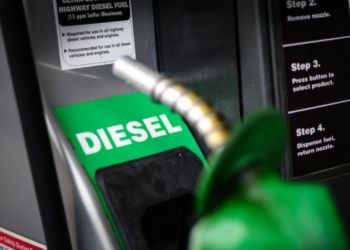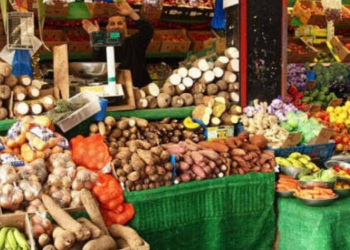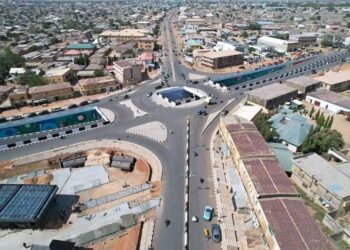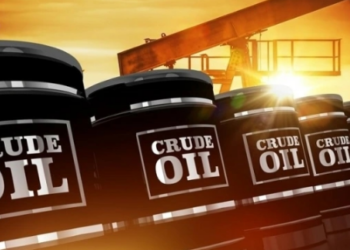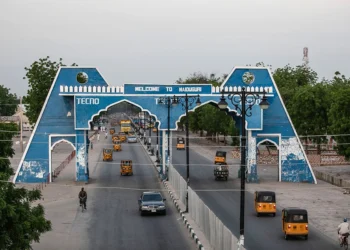The price of Premium Motor Spirit (PMS), commonly known as petrol, has crossed the N1,000 mark for the first time, recording a 24.08% increase in September when compared to the figure in August.
This is according to the latest Premium Motor Spirit (Petrol) Price Watch of the National Bureau of Statistics (NBS) for the month of September.
The report shows that the average price of petrol during the period stood at N1,030.46, indicating a 64.55% increase compared to the N626.21 recorded in September 2023.
As of August, just a month earlier, petrol was sold at N830.46.
According to the report, this marks the first time the price of petrol has crossed the N1,000 benchmark in Nigeria.
Reasons for the Increase
In the month of September, major changes in the downstream sector of the petroleum industry contributed to this significant increase in price of petrol.
For instance, the Nigerian National Petroleum Corporation (NNPC) adjusted its pump price in Lagos and Abuja.
This was as a result of the complete deregulation of the downstream sector, with the national oil company quitting as the sole off-taker of petroleum products from Dangote refinery.
In addition, fuel scarcity also persisted in the month of September, with many commuters, motorists and individuals unable to source fuel from petrol stations.
In September, NNPC reported that it was battling with a debt obligation from international oil traders of about $6 billion, which put its ability to supply petrol to the market under threat.
Meanwhile, with the Dangote refinery coming on board, NNPC was able to source some of its fuel from the 650,000 refinery, bailing the national oil company out with a subsided price.
All these factors contributed to the sharp increase in the price of petrol in the month, as observed by NBS.
States Analysis of Price of Fuel
The report shows that Katsina State recorded the highest average retail price for Premium Motor Spirit (petrol) at N1,096.15, reflecting a significant difference from prices across other states.
According to the findings, Ebonyi State followed closely with an average retail price of N1,090.94, while Akwa Ibom State ranked third at N1,085.71. Conversely, Yobe, Sokoto, and Kebbi States reported the lowest average prices, standing at N939.38, N961.67, and N986.67, respectively, highlighting regional disparities in petrol prices.
The report also indicates that, on a zonal level, the North-West Zone had the highest average retail price of N1,036.52, suggesting that consumers in this region faced the steepest petrol costs.
In contrast, the North-East Zone recorded the lowest average retail price at N1,014.55, illustrating the varied pricing patterns across geopolitical zones.
These findings underscore the uneven distribution of fuel prices across the country, reflecting potential challenges in transportation, logistics, and market dynamics in different regions.
What you should know
The increase in the price of petrol is linked to the complete phasing out of the fuel subsidy by the federal government.
Following the removal of the subsidy last May by President Bola Tinubu, fuel prices have continued to rise steadily each month.
In September, the NNPC announced that it would no longer serve as the sole off-taker of petroleum products from the Dangote refinery, allowing marketers to purchase directly from the $20 billion refinery.
Meanwhile, marketers believe that petrol prices may now be driven by market volatility and competition within the downstream sector.









